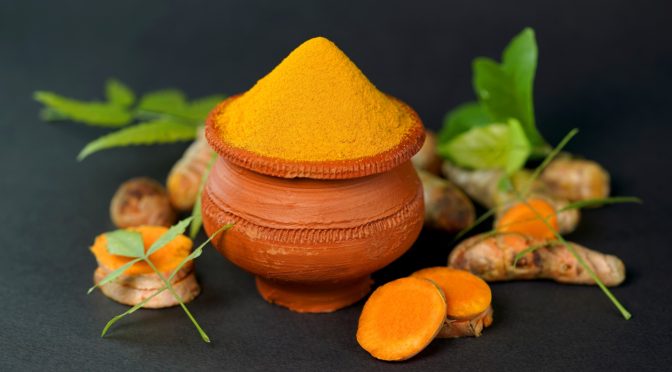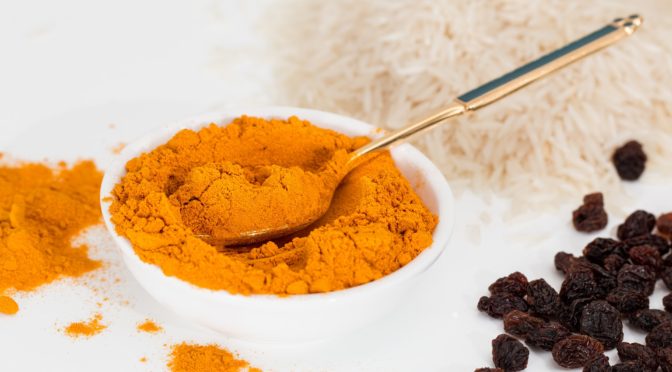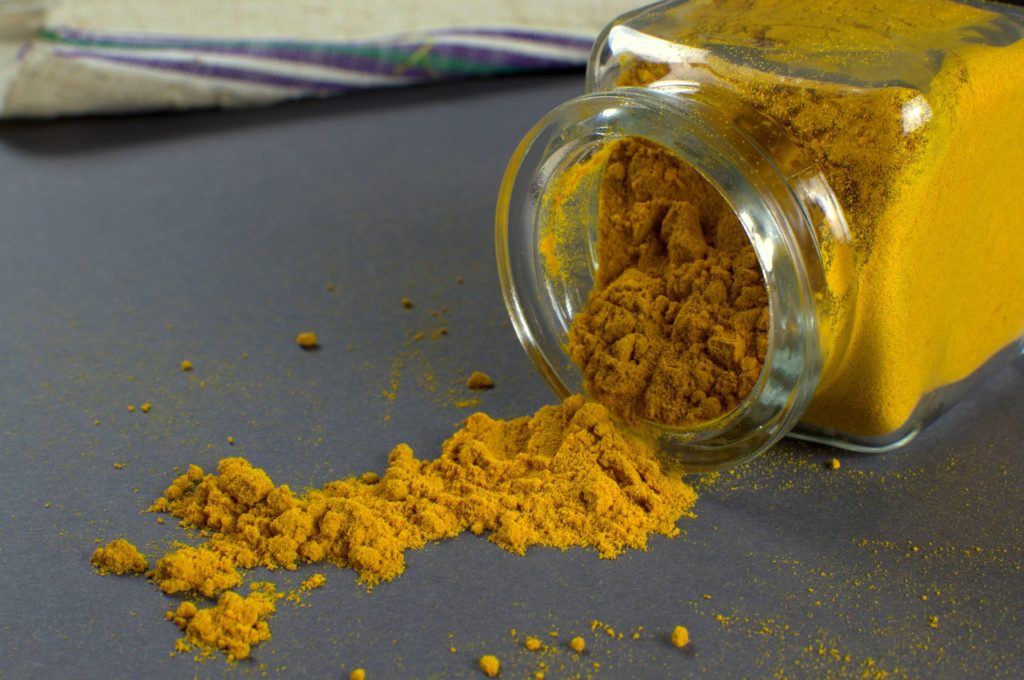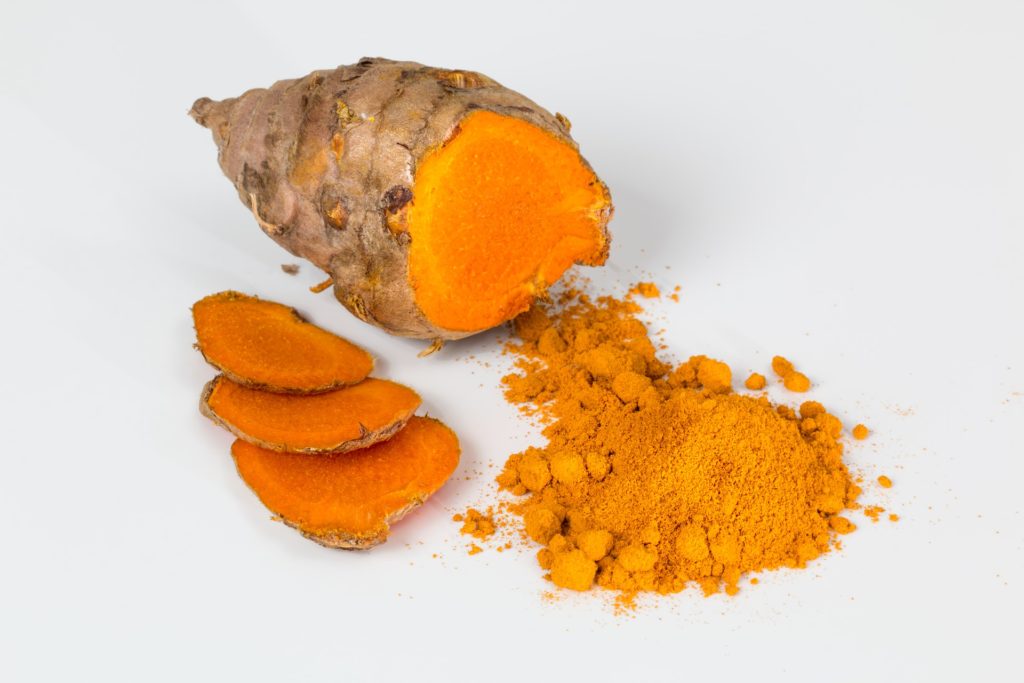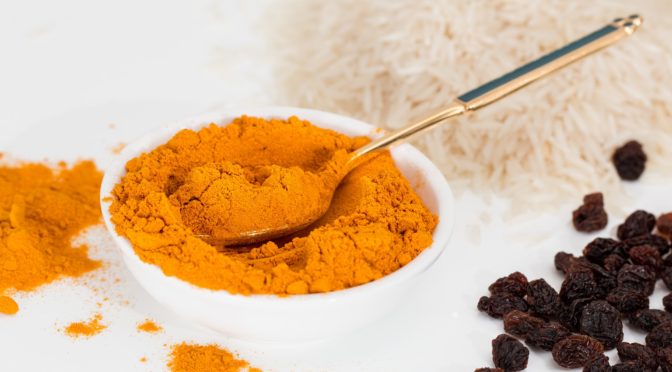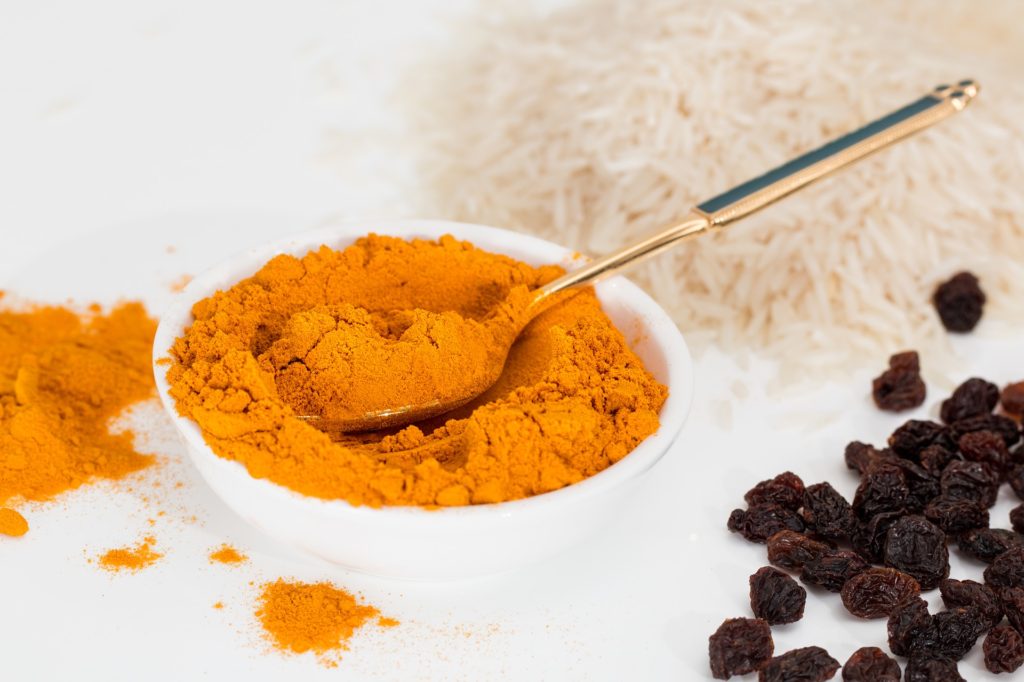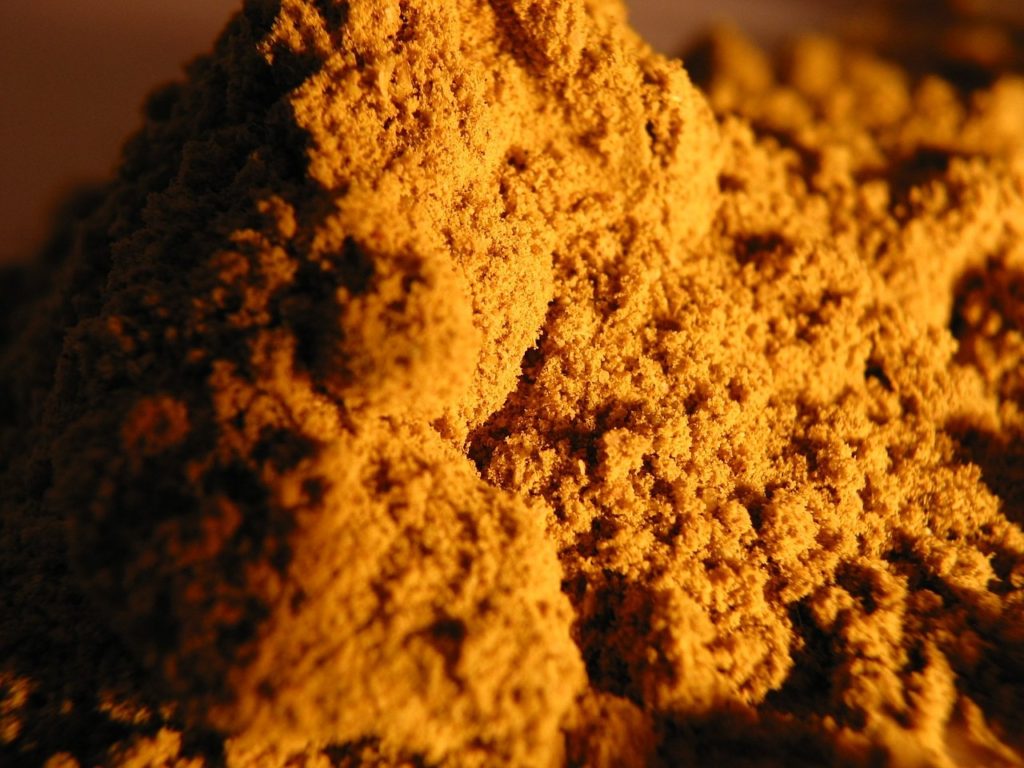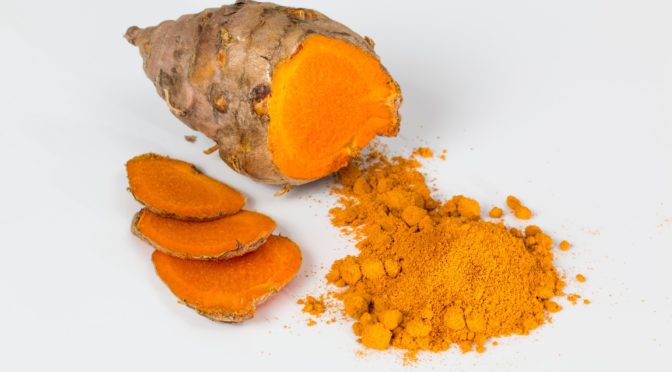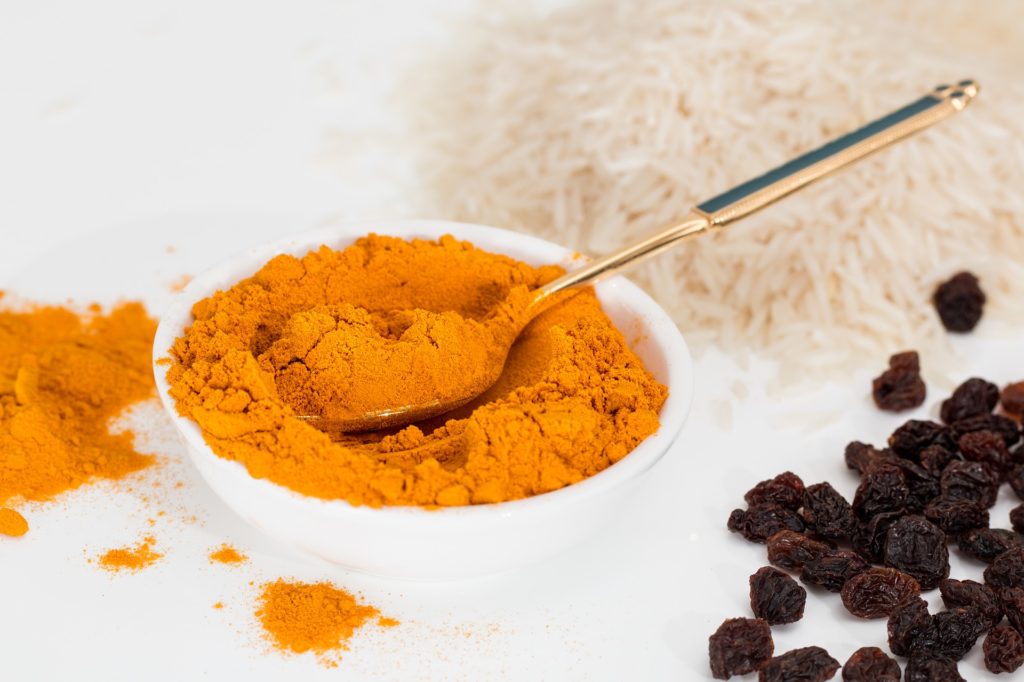What is Turmeric
Turmeric is a spice that gives curry its yellow color. It is also sometimes used to color mustard, butter, and cheese. Turmeric can lower blood pressure with daily consumption.
But turmeric can also be used as a medicine to treat stomach problems and bacterial infections.
Turmeric is effective at reducing inflammation, and inflammation is known to be a root cause of many chronic ailments.
However, since turmeric can also lower blood pressure and thin the blood, so it should not be combined with prescription blood thinners or blood pressure medications without first consulting a doctor.
Does Turmeric Lower Blood Pressure
Turmeric, a spice commonly found in curry, has been shown to significantly lower blood pressure in hypertensive rats.
In addition to lowering blood pressure, turmeric has other health benefits including anti-inflammatory and anti-cancer properties. Turmeric is available as a supplement.
Turmeric is a spice commonly found in Indian cuisine. It’s also commonly used in Ayurvedic medicine. There’s growing evidence to suggest that it could be beneficial to your health, specifically your cardiovascular system.
Some studies have shown that turmeric can lower blood pressure and help regulate cholesterol. But not all of the research has been conclusive on these points.
The most compelling study so far was published in 2014 in the Journal of Physiology and Pharmacology.
In it, mice were split into three groups: one ate a normal diet; one ate a high-fat diet, and one ate a high-fat diet with turmeric added to it.
The last group had the lowest blood pressure and cholesterol levels at the end of the study period. The results are similar to what might be expected from other foods or supplements known for their positive effects on cardiovascular health, like fish oil, omega-3s, or resveratrol.
The findings were replicated in another study from 2015 (2), this time in rats.
Mice who were fed low-dose turmeric were more active and gained less weight than mice who didn’t get any turmeric—and this effect lasted for up to six months after stopping the treatment.
Top 3 Turmeric Supplements
Wisdom Daily Christian Supplement
How Does Turmeric Lower Blood Pressure
Curcumin, the active ingredient in turmeric, has been found to be an effective blood pressure-lowering supplement.
Curcumin is a polyphenolic compound and potent antioxidant that has been shown to lower blood pressure and inflammation. Here are some of my favorite studies showing the effect of curcumin on high blood pressure:
In a study of patients with pre-hypertension or stage 1 hypertension, supplementation with curcuminoids was associated with a reduction in systolic and diastolic blood pressure. (1)
In another study, curcumin supplementation lowered mean systolic and diastolic pressures by 8.47 mmHg and 6.91 mmHg after 4 months compared to placebo. (2)
Curcumin also protects against cardiovascular damage caused by high blood pressure. In this 3 month study, hypertension-induced heart damage was significantly reduced in rats fed curcumin. (3)
The antihypertensive effects of curcumin could be mediated through inhibition of the angiotensin-converting enzyme (ACE), which leads to increases in nitric oxide levels which help dilate the blood vessels. (4)
There’s more research on curcumin
Turmeric lowers blood pressure by dilating blood vessels to improve the flow of blood, oxygen, and nutrients throughout the body, reducing the workload of the heart.
It is also a rich source of antioxidants that help to lower blood pressure and protect against other heart diseases.
Turmeric has also been found to have anti-inflammatory effects that may help to treat high blood pressure.
The main ingredient in turmeric, curcumin works in a similar way as ibuprofen to lower blood pressure.
Curcumin helps reduce damage caused by high blood pressure, including stiffening of arteries, damage to DNA, and inflammation of the artery walls.
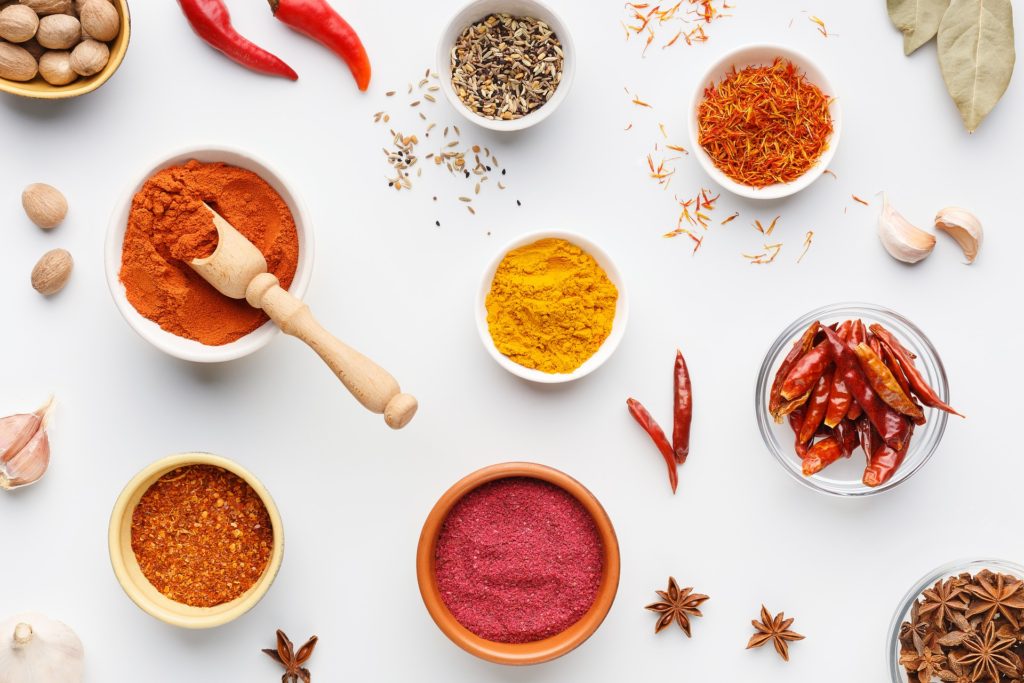
Other Health Benefits of Turmeric
Turmeric is a spice native to South Asia, and it has long been used as a coloring agent in food. Curcumin, the active ingredient in turmeric, is what gives curry its yellow color.
Turmeric’s health benefits are due to curcumin, which has anti-inflammatory effects. Chronic inflammation is associated with several diseases, including heart disease and cancer.
Curcumin also acts as an antioxidant that supports the body’s natural defense against free radicals, which are compounds that can cause damage to cells if their levels become too high.
Free radicals are byproducts of metabolic processes that occur naturally within the body, but they can contribute to aging and illnesses such as cancer if present at high levels. Antioxidants such as curcumin can neutralize free radicals and may reduce or even help prevent some of the damage they cause.
Turmeric is also used for its potential ability to treat arthritis, Alzheimer’s disease, stomach pain, diarrhea, intestinal gas, stomach bloating, loss of appetite, jaundice, and liver problems.
Turmeric is a spice that comes from the turmeric plant. It is commonly used in Asian food. You probably know turmeric as the main spice in curry. It has a warm, bitter taste and is frequently used to flavor or color curry powders, mustards, butter, and cheeses. But the root of turmeric is also used widely to make medicine.
Turmeric is used for arthritis, heartburn (dyspepsia), stomach pain, diarrhea, intestinal gas, stomach bloating, loss of appetite, jaundice, liver problems, and gallbladder disorders.
It is also used for headaches, bronchitis, colds, lung infections, fibromyalgia, leprosy, fever, menstrual problems, and cancer. Other uses include depression, Alzheimer’s disease, water retention, worms, and kidney problems.
Where Does Turmeric Come From
Turmeric originates from the root of a plant in the ginger family.
Turmeric is a rhizomatous herbaceous perennial plant of the ginger family, Zingiberaceae. It is native to tropical South Asia and needs temperatures between 20 and 30 °C (68 and 86 °F) and a considerable amount of annual rainfall to thrive.
Plants are gathered annually for their rhizomes and propagated from some of those rhizomes in the following season.
When not used fresh, the rhizomes are boiled for about 30–45 minutes and then dried in hot ovens, after which they are ground into a deep-orange-yellow powder commonly used as a spice in Bangladeshi cuisine, Indian cuisine, Pakistani cuisine, Sri Lankan cuisine, and other South Asian cuisines.
Turmeric has been used in Asia for thousands of years and is a major part of Ayurveda (Alternative medicine), Siddha medicine, Unani, traditional Chinese medicine, and the animistic rituals of Austronesian peoples.
Its most common use in contemporary times is as a culinary spice. In China, turmeric is used to make pickles from cucumber slices or small aubergines (called huáng jiāo); these turmeric pickles are considered very healthy.
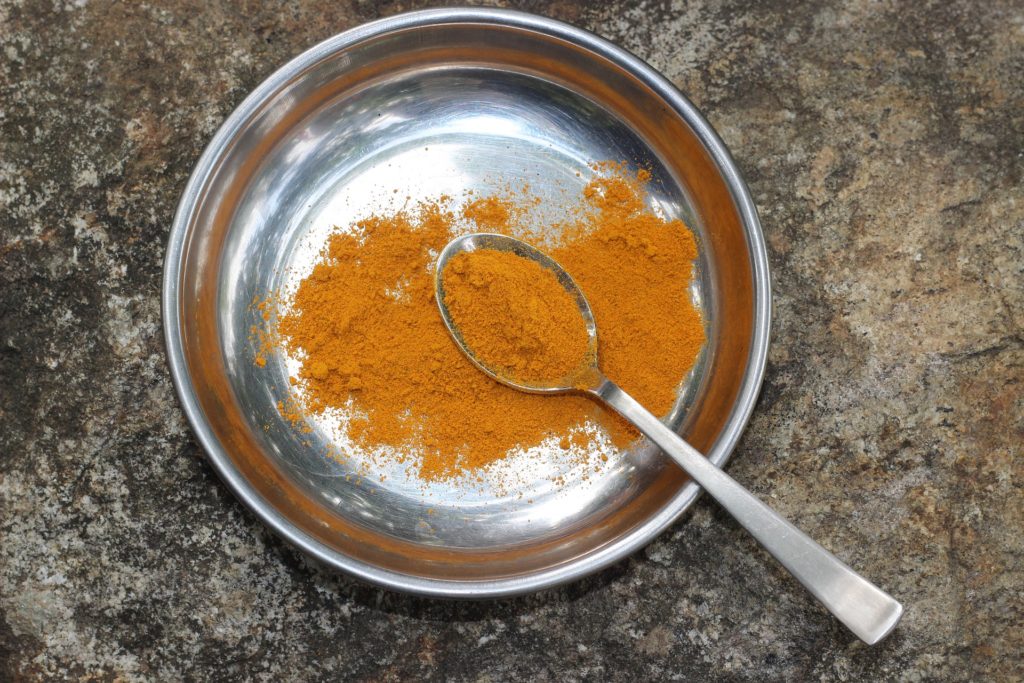
Why We Should Consume Turmeric Daily
Turmeric is a plant related to ginger. It is widely used in Indian cuisine, especially curries. It’s also used in some Asian tea blends, and as a yellow food coloring in mustard and cheeses.
You may not have thought of turmeric as medicine, but it has been used that way for thousands of years. Ayurvedic medicine, the traditional medicine of India, uses turmeric for wound healing, joint pain, and inflammation.
Western medicine has only recently started to study its anti-inflammatory properties; there are now over 2000 studies on PubMed about turmeric and its active ingredient curcumin.
In traditional Chinese medicine and ayurvedic medicine, turmeric is a daily staple. In western countries, it is mainly used as a spice in cooking. There are good reasons to use it daily instead of just occasionally:
Turmeric appears to have a wide range of beneficial effects on many different systems in the body, including antioxidant effects (it scavenges free radicals).
Changes in gene expression (it turns genes on or off), and interactions with signaling pathways involving the most important cellular functions, such as inflammatory response, insulin activity, and cell death (1).
When we first started looking into this, we thought it was a joke: you’re supposed to eat turmeric every day? Really? Like, in your omelet? Or what?
But the more we looked into it, the more we found that turmeric is pretty amazing. It’s been shown to help with arthritis and cancer, and may even boost brain health. There are hundreds of studies on turmeric’s benefits.
How to Use Turmeric in Cooking
Turmeric is a spice that’s used in cooking and also has medicinal properties. In cooking, it adds a yellow color to the food, and it can also be used as a spice.
Turmeric has many health benefits. It has anti-inflammatory properties, which is why it can help arthritis patients. It’s also known to boost the immune system, so if you’re feeling sick, adding a bit of turmeric to your diet can help you feel better.
This recipe I’ll share with you is for curried chicken salad. This dish is great for lunch or dinner, and it’s easy to make too!
To make this dish, you will need chicken breast (1 lb), yogurt (2 cups), garlic powder (1 Tbsp), turmeric (1 tsp), salt (1/2 tsp), and pepper (1/2 tsp).
To make the dish, chop up the chicken into small pieces and put it in a bowl. Add yogurt, garlic powder, turmeric, salt, and pepper – mix well until everything is combined. Serve chilled over rice or on its own as an appetizer.”
Turmeric is in the Ginger Family
Turmeric is a plant in the ginger family, Zingiberaceae. The rhizome (root) of the turmeric plant has been used for centuries as a spice, yellow dye, and folk medicine.
Turmeric is native to tropical South Asia and needs temperatures between 20 and 30 degrees Celsius and a considerable amount of annual rainfall to thrive.
Plants are gathered annually for their rhizomes, which are boiled for 30–45 minutes and then dried in hot ovens, after which they are ground into a deep-orange-yellow powder commonly used as a coloring agent in many Asian cuisines, especially for curries.
Conclusion
Turmeric can lower your blood pressure.
The only way to really know if turmeric can lower your blood pressure is to try it. I’d like to see more people do this and report their findings online, so we can build a collective body of evidence on the positive effects of turmeric.
In the meantime, there’s no reason not to add turmeric to your diet. It won’t hurt you and it might help you. It will definitely make food taste better.
We’ve seen that turmeric is fairly promising as a blood pressure treatment. But we also saw that the evidence is limited.
It’s hard to find out whether any particular treatment will work for you because each of us has slightly different body chemistry. So if you’re thinking of trying turmeric,
I’d suggest starting with a low dose–say a quarter teaspoon mixed into some food. Wait a week and see what happens. If nothing seems different, try half a teaspoon next week.
And so on, until you notice something or run out of turmeric. (You’ll know if you’ve run out because your food will taste weird.)
Explore Further
Disclosure: I may receive affiliate compensation for some of the links above at no cost to you if you decide to purchase anything. This site is not intending to provide health or financial advice. This is for entertainment only. Please consult a professional as you see fit.
